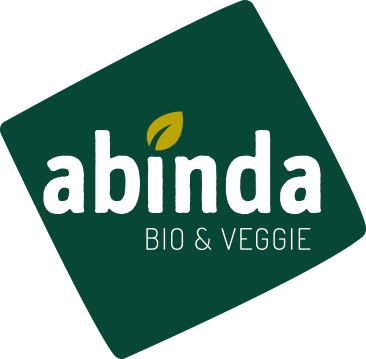Even before the concept of ‘organic’ arose, there was agro-ecology. This is the application of ecology on the study, design and management of our food systems. It seeks ways to mimic the agricultural system through natural processes and thus achieve beneficial biological interactions between the various components of the agricultural ecosystem.
The organic basic principles in technical terms when it comes to cultivation are the following:
- Recycling nutrients rather than adding external agents.
- Creating optimal soil conditions to optimise favourable growing conditions.
- Minimising the loss of resources such as sunlight, water, soil and the like by the following:
- Good management of the microclimate
- Water collection
- Good coordination between livestock and crop production
- Stimulating genetic diversity, both within and between crops.
- Agro-biodiversity to optimise beneficial ecosystem services.
Caring for the soil, the natural resources around us, the environment, the climate and biodiversity are focal points. Farmers contribute to the common good. They make a great contribution in the area of public health and rural development.
Organic farming is the only farming method that is specifically laid down by law. Since 1993 there has been a European regulation that imposes a series of obligations on arable farming, horticulture and fruit companies.
The term 'organic' is protected in Belgium for all foods. If this is stated on the package, it is truly an organic product. In some cases, it also says ‘product from organic farming’ or ‘according to organic production methods.’ Since 2010, it has been required that the code number of the control body be listed on the product, as well as the mandatory organic logo:


